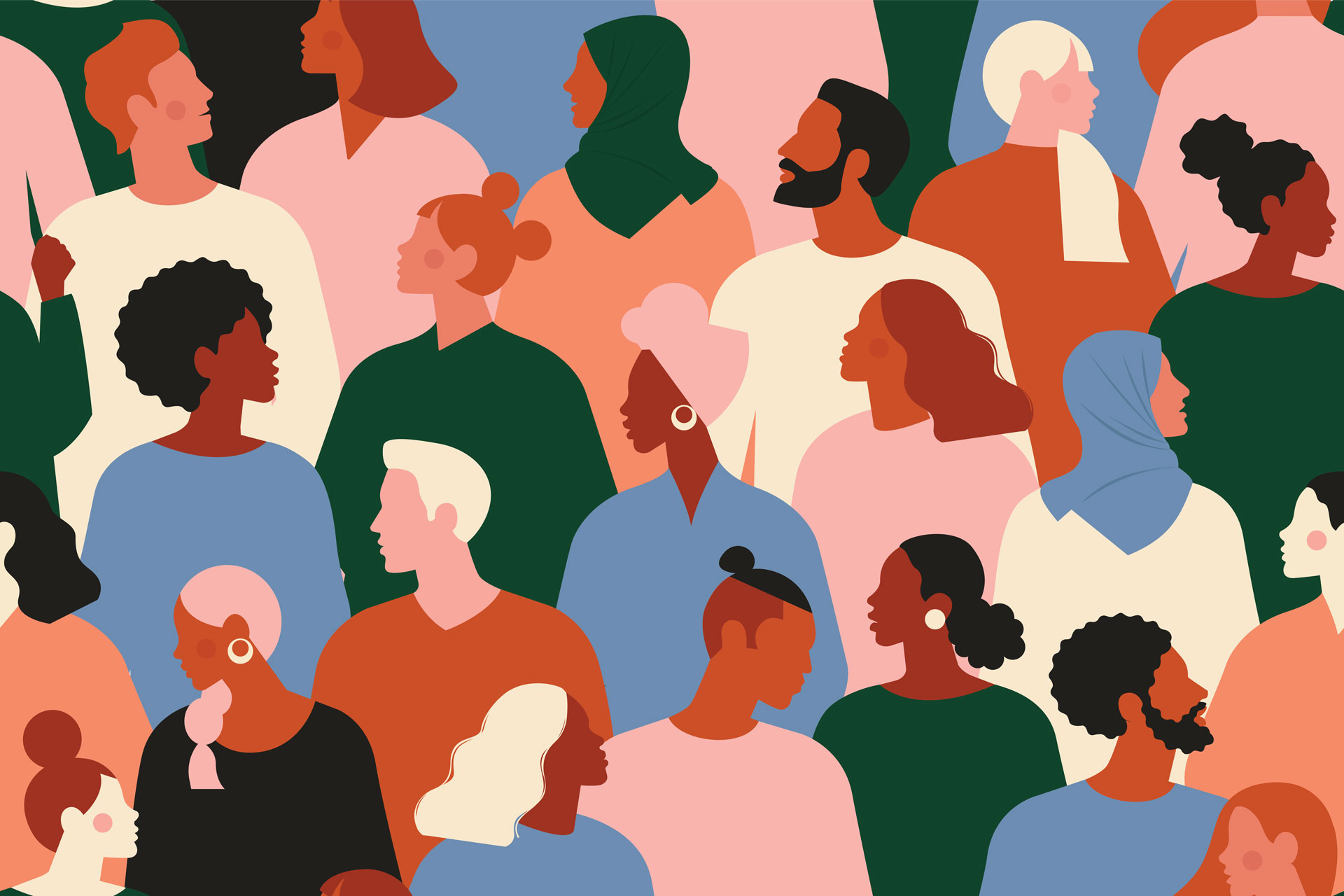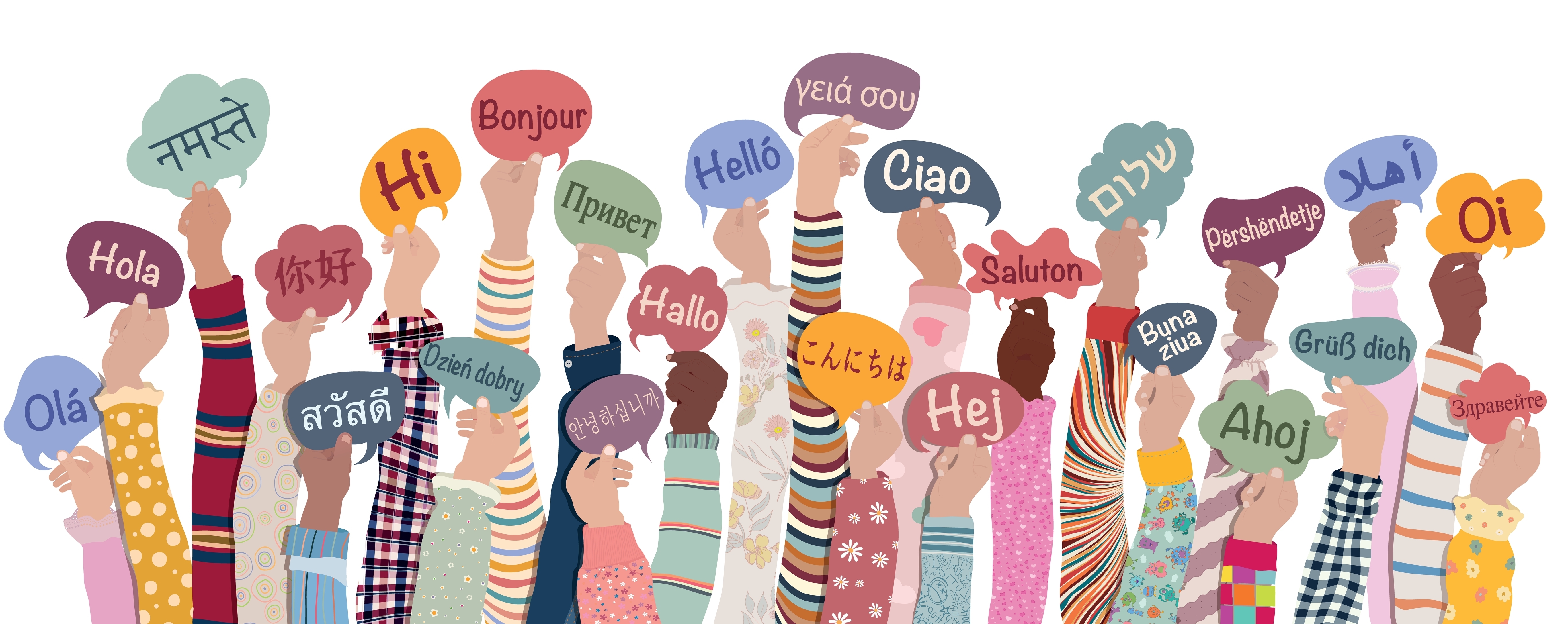
IIE001: Intercultural Context (15 hours)
This course provides an introduction to critically explore the impact of culture and its interrelated systemic factors on how we make sense of the self, the world around us, and how they intersect within the academic environment. Participants will also explore strategies and activities for moving through the stages of intercultural sensitivity within the classroom.

IIE002: Intercultural Communication (15 hours)
This course explores the connection between culture and communication for educators. Participants will begin with an assessment of their self/cultural identity and the assumptions that influence their behaviour and interactions with others. Students will explore barriers to intercultural communication and examine cultural domains and how they impact communication and behaviours in the classroom. The course will enable participants to critically understand their interpersonal communication techniques, facilitate dialogue between students, and provide responsive resolutions to cultural communication conflict in the classroom.

IIE003: Intersectional Considerations in Intercultural Education (15 hours)
This course is designed to delve into the layers of intersectionality that influence teaching and learning environments. By focusing on a range of intersectional issues such as queer curricular approaches, spirituality, and the identification of barriers and practical supports, participants will gain insight to how various experiences, social locations and identities intersect to shape educational experiences.

IIE004: Understanding Students in Transition (15 hours)
This course explores the experiences of internationally educated students in their transition to post-secondary academic life in Canada. Participants will explore the complex layers of navigating language, cultural, academic, and social factors in this transition and critically examine the barriers and opportunities that impede or support this experience. By considering and analyzing factors beyond academic life and nationality, participants will develop a holistic framework of actions to provide meaningful guidance to students in transition.

IIE005: Supporting Language Acquisition (15 hours)
This course shares insights into the experiences, challenges and strengths of Multilingual Language Learners in higher education classrooms. Participants will engage in activities that encourage reflection on the complexity of language, identity and cognition and how it shapes one's perception of the world and of one's self. Additionally, participants will explore the nuances of first and language and subsequent language acquisition, consider the multifaceted factors influencing language acquisition and review strategies and techniques that support Multilingual Language Learners in college classrooms.
